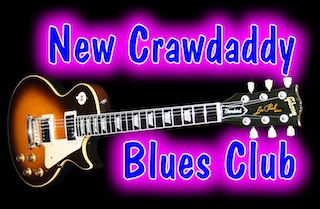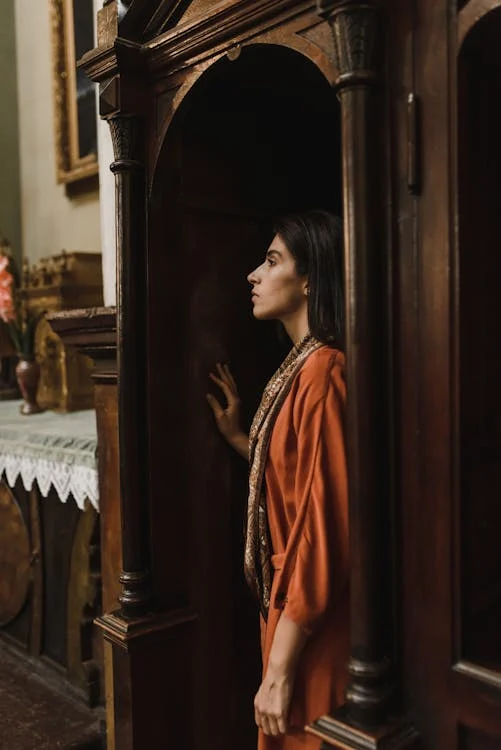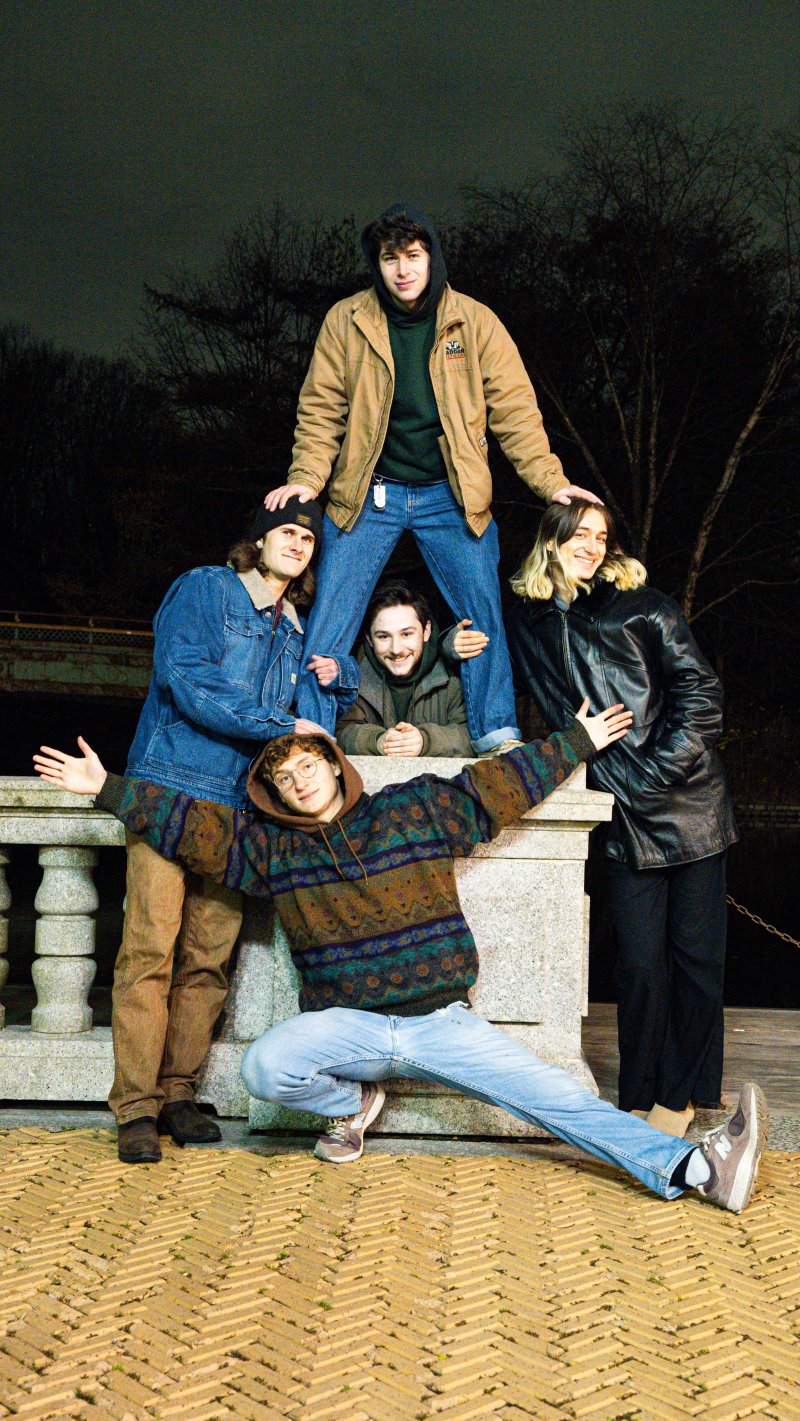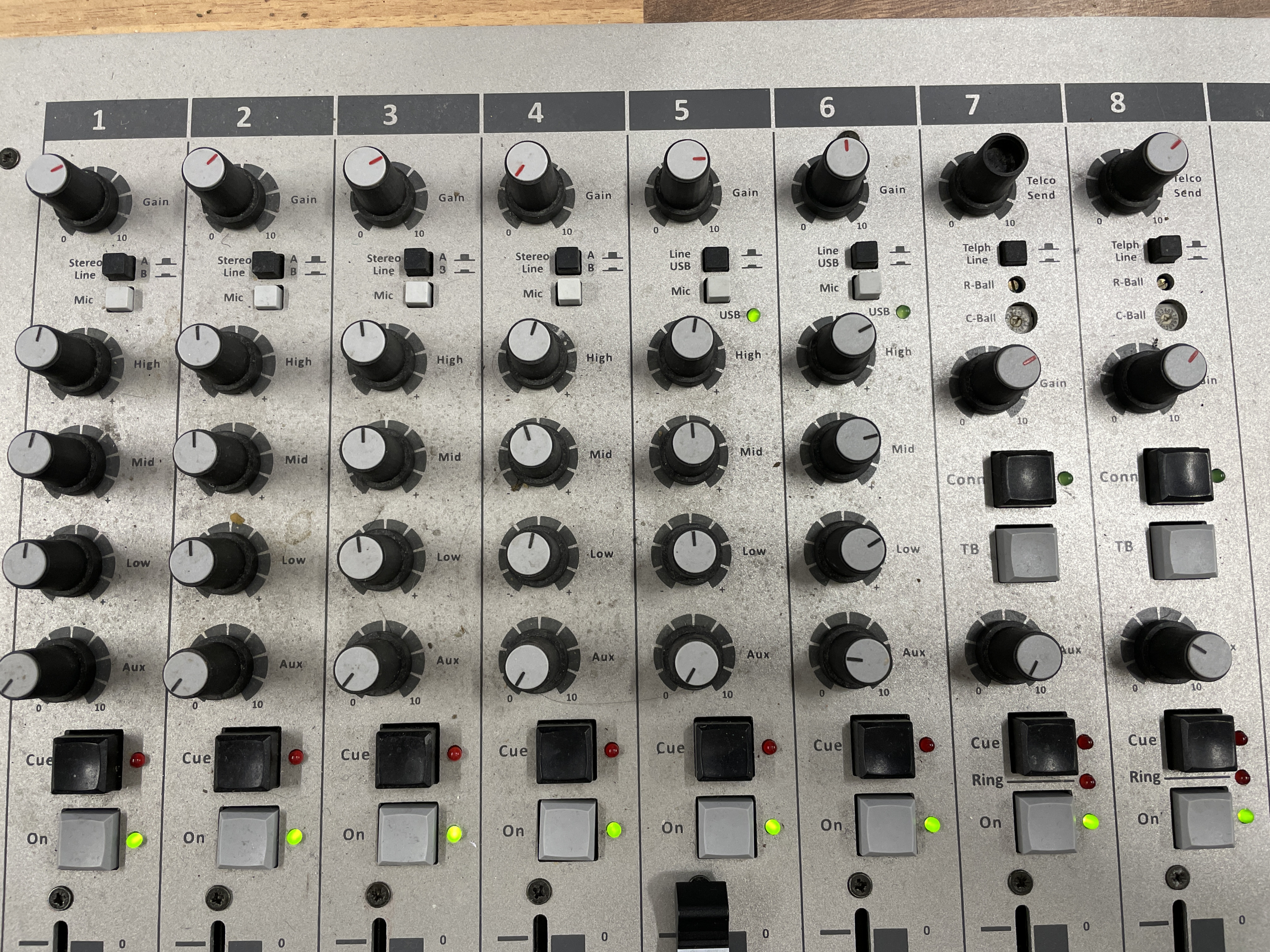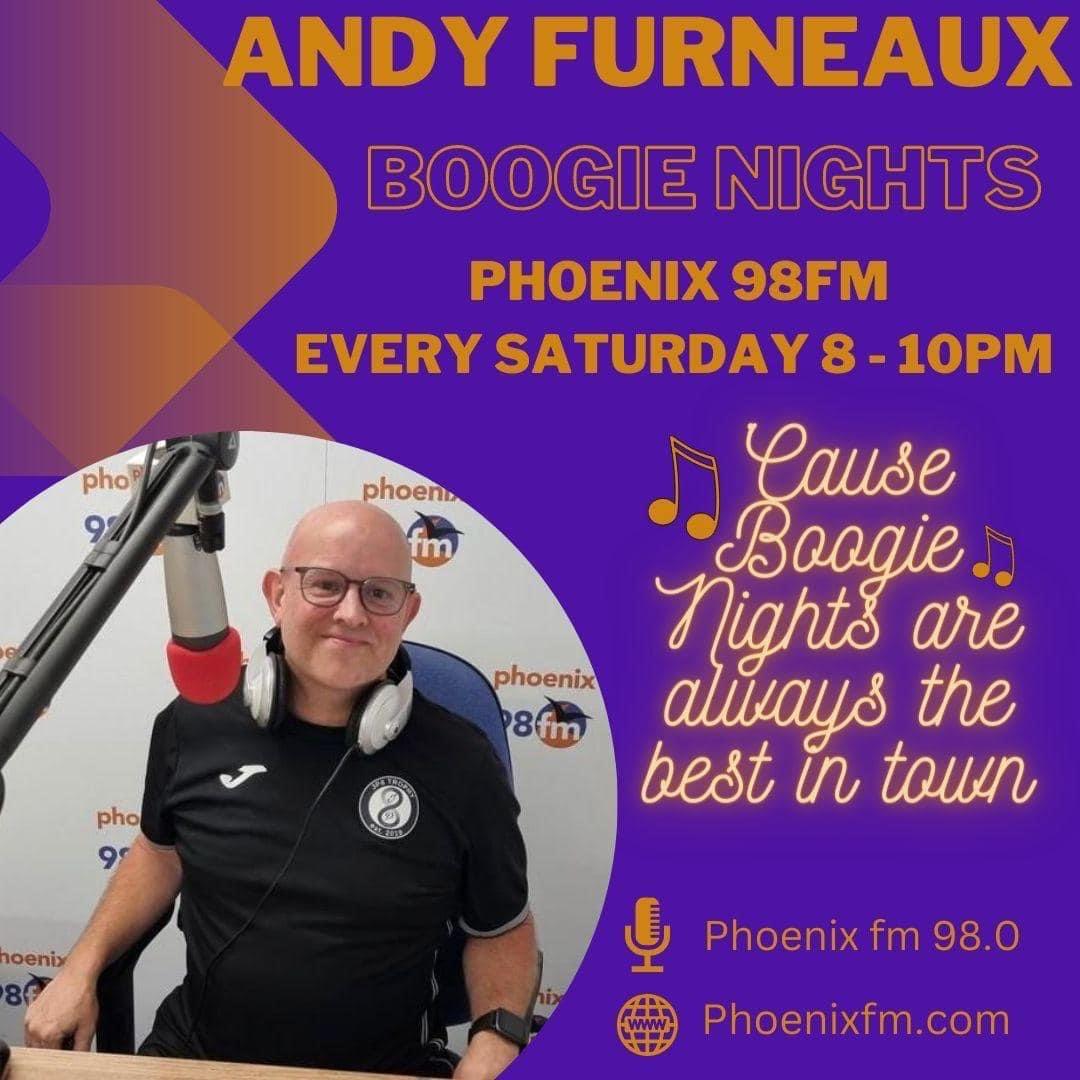Born James A. Lane in Ruleville, Mississippi on June 3, 1924…Jimmy Rogers was a Chicago blues singer, guitarist and harmonica player. Rogers learned the harmonica alongside his childhood friend Snooky Pryor, and as a teenager took up the guitar and played professionally in St. Louis, Illinois, where he played with Robert Lockwood, Jr. among others, before moving to Chicago in the mid 1940s.
In 1947, Rogers, Muddy Waters and Little Walter began playing together as Muddy Waters’ first band in Chicago The first band defined the sound of the nascent “Chicago Blues” style (more specifically “South Side” Chicago Blues).
He began to enjoy success as a solo artist in 1950, scoring a hit with “That’s All Right”, but he stayed with Muddy Waters until 1954. In the mid 1950s he had several successful releases most featuring either Little Walter Jacobs or Big Walter Horton on harmonica…most notably “Walking By Myself”…
In the early 1960s Rogers briefly worked as a member of Howling Wolf’s band, before quitting the music business altogether for almost a decade. He gradually began performing in public again, and in 1971 when fashions made him a reasonable draw in Europe, Rogers began occasionally touring and recording, including a 1977 reunion session with his old bandleader Muddy Waters.
In 1995 Rogers was inducted into the Blues Hall of Fame.
He continued touring and recording albums until his death from colon cancer in Chicago on December 19, 1997.
Jimmy Witherspoon born in the state of Arkansas on August 8, 1920 was an American jump blues singer
He first attracted attention singing with Teddy Weatherford’s band in Calcutta, India, which made regular radio broadcasts over the U. S. Armed Forces Radio Service during World War II.
In 1949, recording under his own name he had his first hit, “Ain’t Nobody’s Business,” a song which came to be regarded as his signature tune. In 1950 he had hits with two more songs closely identified with him: “No Rollin’ Blues”, “Big Fine Girl”, as well as “Failing By Degrees” and “New Orleans Woman”.
Witherspoon’s style of blues – that of the “blues shouter” – became unfashionable in the mid-1950s, but he returned to popularity with his 1959 album, Jimmy Witherspoon at the Monterey Jazz Festival.
In 1961 he toured Europe with Buck Clayton and returned to the UK on many occasions. In the 1970s he also recorded the album Guilty! with Eric Burdon. He continued performing and recording into the 1990‘s. Other performers with whom Witherspoon recorded include, Long John Baldry, , Count Basie, and Van Morrison to name only a few.
Witherspoon died of throat cancer in Los Angeles, California on September 18, 1997.
Born Mathis James Reed on September 6, 1925 in Mississippi, Jimmy Reed was an American blues musician and songwriter, notable for bringing his distinctive style of blues to mainstream audiences. Reed was a major player in the field of electric blues, as opposed to the more acoustic-based sound of many of his contemporaries and had a significant impact on many rock and roll artists who followed, such as Elvis Presley, Billy Gibbons and the Rolling Stones.
After being discharged from the US Navy in 1945, Reed married his girlfriend, Mary “Mama” Reed,who appears as an uncredited background singer on many of his songs, notably the major hits “Baby What You Want Me to Do”, “Big Boss Man” and “Bright Lights, Big City”.
By the 1950s, Reed had established himself as a popular musician and soon released “You Don’t Have to Go”, his first hit record. This was followed by a long string of hits.
In 1957, Reed developed epilepsy, though the condition was not correctly diagnosed for a long time, as Reed and doctors assumed it was delirium tremens.[3]
In spite of his numerous hits, Reed’s personal problems prevented him from achieving the same level of fame as other popular blues artists of the time, though he had more hit songs than many others. ract with the fledgling ABC-Bluesway label, but Reed was never able to score another hit.
In 1968 he toured Europe with the American Folk Blues Festival.
Jimmy Reed died in Oakland, California in 1976, of respiratory failure, eight days short of his 51st birthday.
In 1991 Reed was posthumously inducted into the Rock and Roll Hall of Fame.
Source: Wikipedia


















